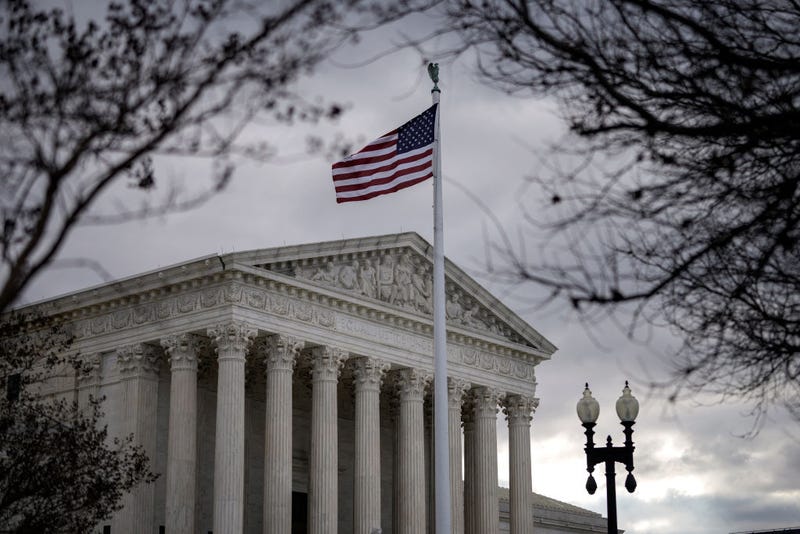
A legal battle has raged for more than six years over a high school football coach’s prayer habits. Now, the Supreme Court is going to weigh in.
According to a case docket, the court Friday granted a petition filed by the former coach, Joseph Kennedy, against Bremerton School District of Washington State in September. Previously, Kennedy’s has lost the case twice in the U.S. Court of Appeals for the Ninth Circuit.
The case has roots in 2008, when the Marine Corps veteran coached his first football game for Bremerton, according to First Liberty, a non-profit conservative Christian organization helping him with the case. After the game, Kennedy “took a knee and silently thanked God for his players,” said First Liberty. He continued to pray after games for seven years.
First Liberty said the school district was made aware of the tradition when they received a compliment about it from a school administrator.
An opposing coach also complained about the prayers, according to The Washington Post.
After they took issue with the practice, Kennedy – who had a year-to-year contract – filed a complaint against the district in 2015.
“Joseph Kennedy lost his job as a football coach at a public high school because he knelt and said a quiet prayer by himself at midfield after the game ended,” said Kennedy’s petition.
While Kennedy’s petition characterizes his prayers as “quiet” and solitary, the district said in a response to the petition that he has misrepresented the facts.
“Here is what actually happened: For more than seven years, Joseph Kennedy – a public-school football coach – delivered prayers to players on the 50-yard line while on duty at the end of games. He was often surrounded by students, and he invited opposing coaches to join. When the District learned what was going on, it recognized that the practice could be coercive,” said the district's response.
Some of the players’ parents said children felt “compelled to participate,” in the prayers, according to the response.
When the Ninth Circuit issued a ruling against Kennedy in 2017, judges argued that he was acting as a public employee rather than as a private individual. In January 2019, Supreme Court decided not to review Kennedy’s case.
However, four of the justices were interested in the issue, including Justice Samuel A. Alito Jr., according to The Washington Post. He said the Ninth Circuit’s language could “be understood to mean that a coach’s duty to serve as a good role model requires the coach to refrain from any manifestation of religious faith – even when the coach is plainly not on duty. I hope that this is not the message that the Ninth Circuit meant to convey.”
According to The Post, the court’s new conservative majority has been protective of individual religious rights. The court is expected to hear oral arguments through April and should attempt to finish opinions in the argued cases by the end of June.


